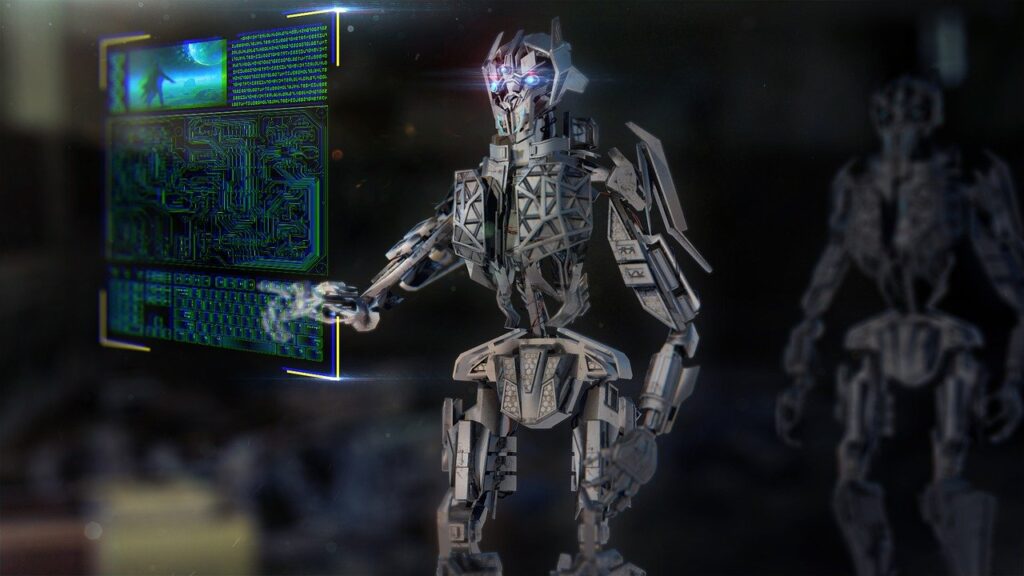
Just a few years ago, Artificial Intelligence (AI) seemed like a futuristic affair that could hardly alter our day-to-day life in the short term. However, today it is already a reality that aspires to revolutionize various aspects of our society in the next 5 years.
Below are 5 main advances that will occur in the next 5 years thanks to Artificial Intelligence:
In 2016, a robot designed to compete in the complex game of Go was able to beat the world champion by 100 games to zero. The most surprising thing about this robot, Alpha Go Zero, is that it acquired knowledge through a method known as Reinforcement learning where it is not necessary to learn from human behavior but is capable of generating knowledge from scratch. Furthermore, these learning patterns allow machines to accumulate thousands of years of knowledge in a matter of hours. Based on this starting point, who will know what new Alpha Go Zeroes will emerge and what they will be able to do.
Risk for doctors in their diagnoses and treatments if they do not use machine learning
Recently, Chinese and American researchers have developed a system based on Artificial Intelligence for the detection of common childhood diseases, from the simple flu to meningitis. To do this, they have compiled and processed more than 1.3 million records from almost 600,000 patients.
Dr. Kang Zhang, director of ocular genetics at the University of California, has created a system that detects signs of diabetic blindness based on both text and medical images.
In this sense, experts predict a near future where doctors are unable to make any diagnosis without the use of Artificial Intelligence because they will not want to miss any type of information.
Quantum technology will facilitate drug design and drug testing.
To date, chemists and pharmacists make their designs based on molecular properties and must synthesize numerous variables to test their drugs and predictions.
Quantum computing can transform this cumbersome and expensive process. Thus, numerous designs can be made in parallel that can be tested thanks to quantum technology.
Advances in Artificial Intelligence increase the vulnerability of security systems
The different areas of our society have defense and security computer systems. Our buildings, our homes, financial institutions, the military, and a long etcetera. However, we already have numerous examples where these systems have been broken, destroying the objectives.
Former President Obama suffered the dissemination of false videos when he was in front of the White House where he was heard saying phrases that he had never said.
With the rise of Artificial Intelligence, these systems are at greater risk of being hacked.
Manufacturing Advances in Atomic Precision
Artificial Intelligence is revolutionizing human relationships with materials. Among other uses, it is being used to develop new materials for “clean” technologies such as solar panels, batteries, etc.
Today, according to experts, creating a new material requires between 15 and 20 years. However, Artificial Intelligence technology will allow us to shorten these times to a great extent.
Guidance
The new technological disruptions aspire to modify, almost completely, the paradigm in which we live. Thus, it is expected that in the coming years we will be protagonists of various changes. One of the technologies that will promote many of these advances will be Artificial Intelligence and its many derivative applications.
It is hoped that in the next few years there will be 5 major changes in the following areas: Intelligent robots, medicine and disease prediction, quantum technology, security and defense, and manufacturing systems.
History of artificial intelligence
The term artificial intelligence was adopted in 1956, but it has become more popular today thanks to increased data volumes, advanced algorithms, and improvements in computing power and storage.
Early artificial intelligence research in the 1950s explored topics such as problem-solving and symbolic methods.
This initial work paved the way for the automation and formal reasoning that we see in computers today, including decision support systems and intelligent search systems that can be designed to complement and augment human capabilities.






